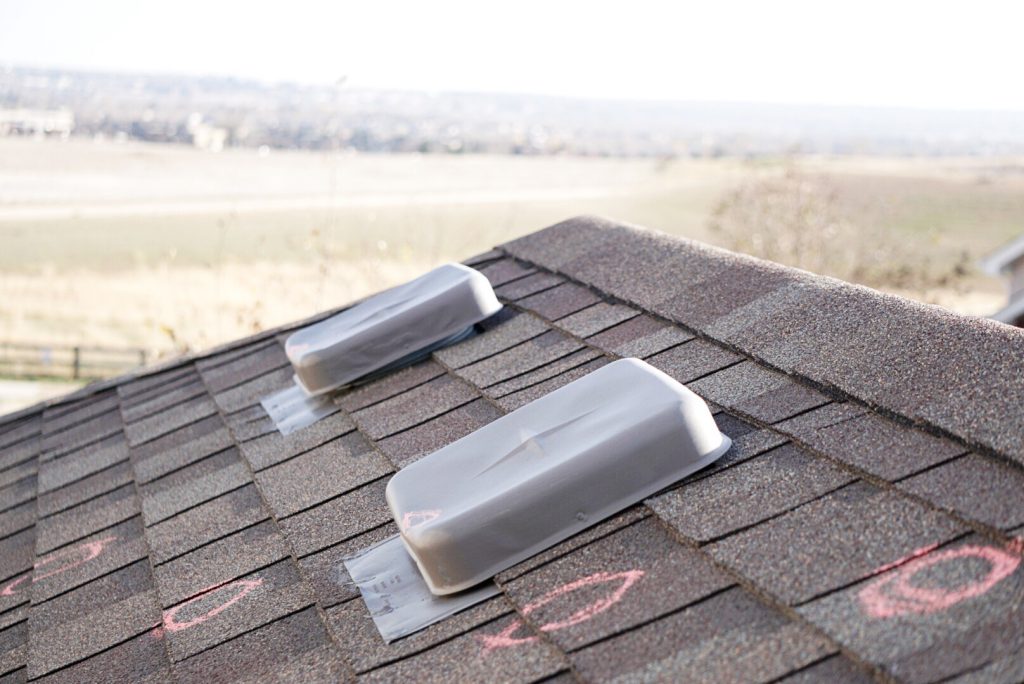FREQUENTLY ASKED QUESTIONS
Insurance adjusters work for the insurance company, NOT YOU. Also, during large hail storms, catastrophe adjusters can come from all over the United States and may not be familiar with the local building codes and regulations. It is highly recommended to have an experienced CIG storm damage inspector present to ensure that your best interests are met.
A large number of insurance claims are denied when homeowners do not have an experienced representative present at the inspection with the adjuster. This is why it is extremely important to have a CIG storm damage inspector meet with the adjuster. Our inspector will be your advocate and ensure damage is recognized and documented, and that all current code items are covered to properly replace your roof.
Your insurance company has written an estimate based on damages that you need to repair. If you do not make the repairs, these items will not be covered should you suffer additional or greater damage in subsequent storms. In addition, your home could be at risk of interior damage from not performing repairs in your storm claim, and any damage resulting from this may not be covered by insurance. Often times, the insurance company will additionally list your mortgage company on the insurance disbursement check. Mortgage companies have a protocol to release funds that may include an inspection to ensure that the repairs are performed in order to prevent further damage to the property.
Yes. Most homeowner’s policies cover full replacement value. The first check the insurance company gives you is the Actual Cash Value (ACV)—what the roof is worth today with its useful remaining life. The money that is withheld is called the recoverable depreciation and will be paid to you when the work is completed.
Be sure to check your homeowner’s policy. There are two type of coverage (ACV) Actual Cash Value and (RCV) Replacement Cost Value. With an RCV policy, you are covered for the full replacement of your roof. With an ACV policy your coverage is limited to what the roof is worth today with its useful remaining life, this could mean coming out of pocket for your roof replacement.
There are two reasons that the insurance companies hold some money back. The first reason is to make sure that you get the work done. The second reason is to make sure that you pay your full deductible. By holding a retained amount, they can adjust the amount of the final payout based on the roofing contractor’s invoice, thus assuring that the customer pays the deductible. Some homeowners make the assumption that the deductible is recoverable. The deductible is the agreed co-pay and the homeowner is responsible for this co-pay.
Your insurance policy states that you are responsible for this portion of the repairs.
Colorado Senate Bill 38 The Consumer Protection/Residential Roofing Bill makes it illegal (constitutes insurance fraud) for roofing contractors to promise to pay or waive homeowners insurance deductible. Read more about Colorado SB38.
If you are having trouble with paying your deductible, please let us know. We may be able to offer a solution that will make it easier to meet this requirement.
The insurance company subtracts the homeowner’s deductible amount on the paperwork from the total amount the insurance company allows for the claim. The homeowner pays their deductible directly to the contractor. The balance, after subtracting what the homeowner will pay directly to the contractor as a deductible is a total amount the insurance company will actually pay for the claim.
When insurance is paying for the work, the dollar amount of the contractors’ estimate is not relevant to you, the homeowner, as this amount is covered in the claim. The estimate is important to the insurance company, as this is the scope of repairs detailed in line items. Meaning, what is needed to perform the repairs up to code and to ensure your home is restored to pre-storm condition. In all such cases, with CIG Construction, you will only be responsible for paying your deductible to us. Therefore, your decision should be based on going with the contractor that you feel most comfortable and whom you feel will perform the best job.
Hail damage may or may not pose an immediate threat to the structural integrity of the roof. However, many insurance companies have a “statute of limitations” on how long a hail claim is viable. If you have experienced a loss, such as hail damage, it is prudent to take care of the problem in a timely manner before it leads to other associated problems.
No, your manufacturer’s warranty excludes hail and wind damage from their basic warranty.
Over 90% of our replacement roofs are completed in just one day and 99% within 48 hours. This depends on the size of the job, the slope of the roof, the type of shingles installed, the weather, and the number of daylight hours available due to the time of the year.


